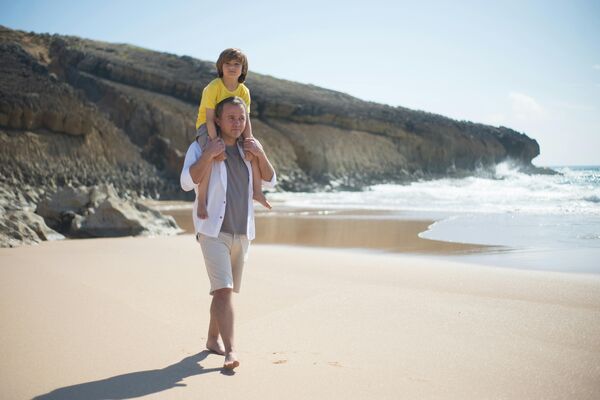The summer holidays are fast approaching if not already in full swing for some parents. For separated parents this means having to communicate with the other parent and make plans for the children.
So, what are our top tips for effectively communicating, planning and avoiding the Court? Sonal Parekh, solicitor in the family team at SA Law discusses how parents can be their best to each other and for their children.
As parents, the responsibility is yours to ensure that your children are parented to the best of your ability and children feel supported and can adapt to the changes in family life on divorce or separation. In the spirit of co-parenting and avoiding any unnecessary upset for your children:
Top tips:
- Plan ahead –This should be as child-focused as possible. We understand that parents can find it difficult to communicate directly with each other, and would suggest using different forms of communication such as email or parenting apps like Our Family Wizard.
- Work together – Talk to the other parent and work together. As parents sharing parental responsibility, there will inevitably be times where you will need to work together and make joint decisions in respect of your children. These decisions will be in relation to medical needs, schooling and education to the everyday routine. Finding common ways forward will demonstrate to your children that their parents are able to consult each other and support them in adapting to any new situations.
- Keep the other parent informed – If you are travelling abroad with the children, ensure to provide the other parent with all contact information i.e. flight details, accommodation details and provide them with as much notice of any travel plans as is possible. If you are met with objection to travelling with your children without good reason from the other parent, there is recourse to the Court, and you could make a Specific Issue Application. Similarly, the non-travelling parent can make an application preventing travel, by way of a Prohibited Steps Application. You may also find our article on holidays and travel for single parents helpful.
- Make the most of your time – Once plans have been agreed, involve the children, how would they like to spend their time with you? Ask them what ideas they have. Sit down with them and plan fun and exciting things to do together – what about a “Holiday To Do List?”.
- Make memories – Make lasting memories! Take photos and videos, create photo books and short films.
- Manage expectations – It is important to manage your children’s expectations. Follow through with your plans and don’t make empty promises. If you say you will attend an event e.g. sports day or summer concerts, ensure you go.
- Encourage communication with the other parent – As hard as it may be, actively encourage children to maintain contact with the other parent. Prompt them to have indirect contact, FaceTime calls are effective. Whilst your relationship with your ex-partner might be on rocky grounds, remember that your children will miss the other parent and that relationship should be supported. In the spirit of managing expectations, you may also want think about agreeing timings as well as the method of communication with the non-travelling parent in advance; especially if travelling abroad where there may be a time difference.
SA Law can assist with drafting Parenting Plans which provide clarity and avoid having to resort to Court proceedings. Parenting Plans are there to cater to the needs of the children and enable parents to approach co-parenting in a structured and child-focused way.
For more information and advice on co-parenting or if you would like to speak to our trained mediator, please contact the Family Team on 01727 798 000 or email Sonal Parekh at sonal.parekh@salaw.com.







